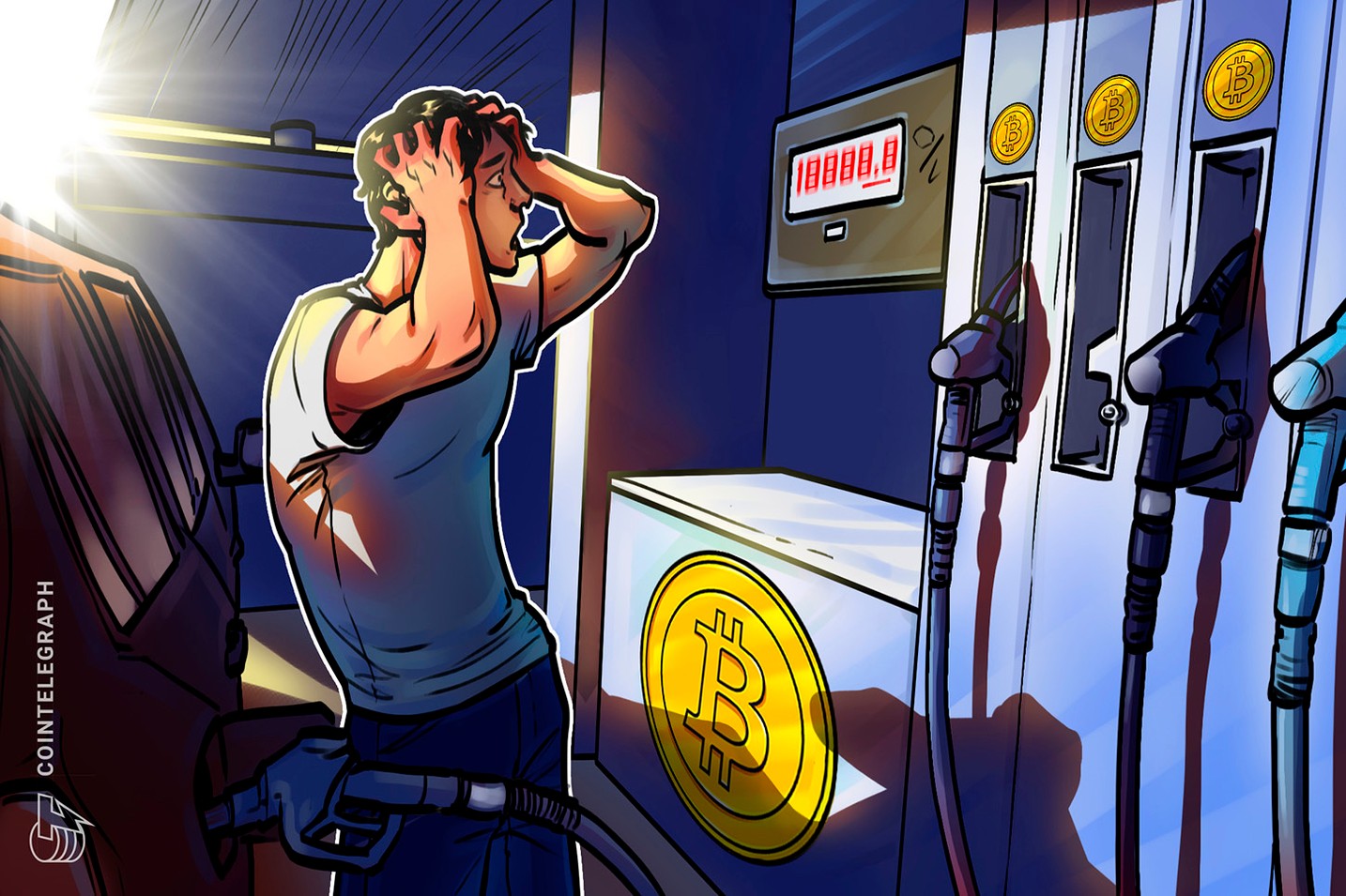Jay Ricky Villarante, the CEO of Moneybees, said that the decision to ban Binance reflects the importance of regulatory compliance and oversight in the industry.

Follow up
Own this piece of crypto history
With Binance being ousted from the Philippines, traders based in the country now have to deal with higher trading fees and fewer crypto tokens to choose from, according to an executive working in the region.
On Dec. 14, the Philippines Securities and Exchange Commission (SEC) announced a three-month countdown to a Binance ban. The SEC’s Kelvin Lee said back then that Binance “never bothered to register in the Philippines” and comply with regulations.
The country’s National Telecommunication Commission (NTC) ordered local internet service providers to block the exchange on March 25. On April 23, the SEC ordered Apple and Google to block the Binance app from their stores.
With the ban already in full effect, Cointelegraph reached out to local players to get their sentiments on how the Binance ban affected the crypto space in the Philippines.
Higher fees and fewer tokens to trade
Ethan Rose, the CEO of Pouch, a company that facilitates Bitcoin payments in the Philippines, said the ban on Binance protects Filipino traders from malicious actors. Rose pointed out that former Binance CEO Changpeng Zhao “pled guilty to serious financial crimes.” Rose explained that:
“A ban on Binance protects all Filipinos from exposure to bad actors.”
Rose said that the Binance ban drives business to local exchanges. The executive believes that this has a significant positive impact on the local economy.
“This increase in business staying local will also help Philippine crypto businesses with raising global investment funding, another win for the Philippine economy,” Rose added.
However, the executive also recognized that there are “trade-offs.” While the ban might have positive effects, Rose recognized that Filipino traders would face higher trading fees post-ban. Rose added:
“The tradeoff is that Filipinos who participate in crypto trading will be subject to higher fees with local platforms and less variety of tokens to trade.”
However, the executive believes that this is not a crucial disadvantage. “We don’t see this as a critical downside to be concerned about.”
Not a “major clampdown” on crypto
Meanwhile, Arlone Polo Abello, the CEO of crypto education firm Global Miranda Miner Group, said:
“This SEC action is not a major clampdown, but reflects the United States SEC’s approach of requiring exchanges to register, like with Binance and others.”
Abello believes that while the action may have a “chilling effect” on crypto traders using unregistered exchanges, there’s also a growing understanding that exchanges must register properly to operate in the country.
Abello also explained that in their group discussions with local traders, Binance did not respond to requests for information and opinions from traders in the country.
“What we noticed in our focus group discussions with cryptocurrency traders was Binance’s silence and lack of communication regarding its status in the Philippines,” he said.
Related: Thailand will block unlicensed crypto exchanges ‘to solve online crimes’
Highlights the importance of compliance
Jay Ricky Villarante, the CEO of over-the-counter (OTC) trading company Moneybees, said that the SEC’s decision to ban Binance “underscores the importance of regulatory compliance and oversight in the cryptocurrency industry.”
Villarante explained that market participants, including exchanges, investors, and regulators, must navigate the regulatory landscape properly to ensure long-term sustainability and legitimacy.
In addition, the ban may also contribute to regulatory clarity within the region. Villarante explained:
“The SEC’s action may contribute to greater regulatory clarity within the Philippines crypto market by setting a precedent and establishing clear boundaries for acceptable conduct of the different participants in the crypto market ecosystem.”
The executive also said this may foster market participants’ confidence and encourage responsible industry innovation.
Overall, the executive believes there are also negative and positive implications. However, it is undeniably a “significant development” for crypto in the country, according to Villarante.
Magazine: Woman accused of $6B scam, China loophole for Hong Kong Bitcoin ETFs: Asia Express



